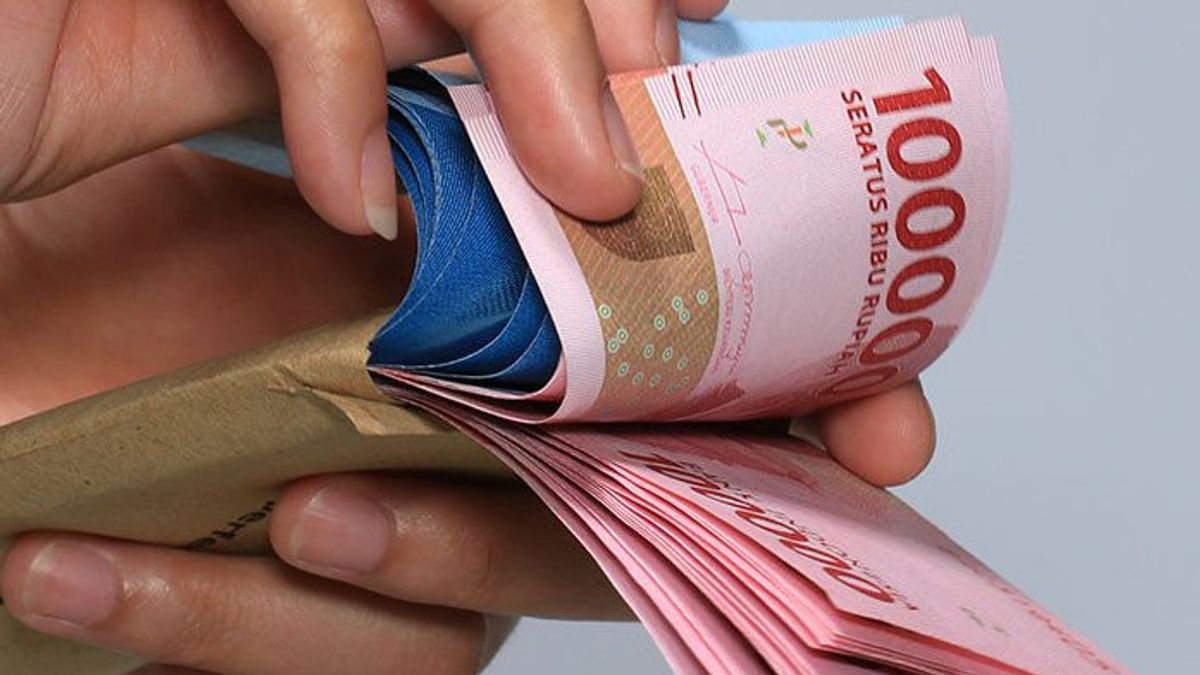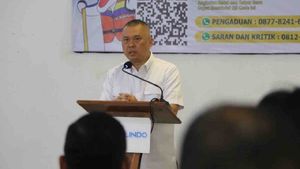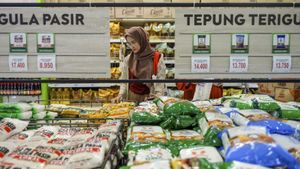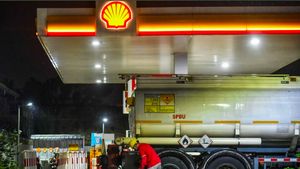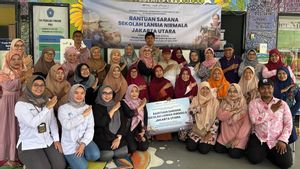JAKARTA - Institute for Development of Economics and Finance (INDEF) researcher Ahmad Heri Firdaus said the government's plan to raise the Value Added Tax (VAT) rate next year will actually lower state revenues.
"So that tariff is raised continuously even exceeding the optimal point will actually decrease revenue or revenue in aggregate," he was quoted as saying from Antara, Tuesday, May 11.
Heri explained that the increase in VAT will definitely increase production costs and if the pandemic is still ongoing in 2022 then the public will withhold its purchasing power.
He said the decision of the community to restrain consumption makes the demand for goods and services will fall so as to have an impact on the business sector, namely the decrease in utilization.
Then if the business sector decreases the utilization of production and sales then the impact on the reduced absorption of labor so that people's income will fall.
"If people's incomes fall then consumption falls and will hamper the post-pandemic economic recovery. If the economic recovery is hampered of course the state revenues will not be optimal," he said.
He said if VAT rises to a single rate then the industry will need additional working capital while banks plan to lower the credit ceiling for some industries.
According to him, if the additional source of working capital falls then the industry will have difficulty to obtain working capital so that it is more hampered in expanding for production because the costs are getting higher.
"The difficulty of obtaining working capital will further reduce the utilization of the industry so with the low utilization of the industry, the increase in VAT will not benefit the government," he said.
Therefore, Heri advised the government to further expand the VAT tax base by attracting new Taxpayers (WP) instead of raising the rate.
"Trying to capture a new WP one of them by disciplining retail non Taxable Entrepreneurs (PKP) who use non PKP facilities," he said.
He said this regulation should be done considering that many middle and lower class entrepreneurs are getting around in order to use non PKP facilities.
Heri explained that entrepreneurs get around by dividing the company into several CVs but the owners are still the same so that they get non PKP facilities.
"The pkp threshold was raised to Rp4.8 billion, which was Rp600 million. If it is returned again from Rp4.8 billion lowered to lower then there will be more netted new WP that should be able to become PKP but because it is prepared so much kecolongan," he explained.
The English, Chinese, Japanese, Arabic, and French versions are automatically generated by the AI. So there may still be inaccuracies in translating, please always see Indonesian as our main language. (system supported by DigitalSiber.id)
